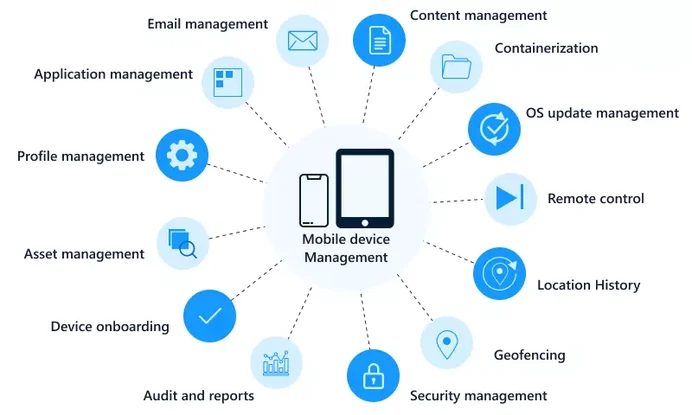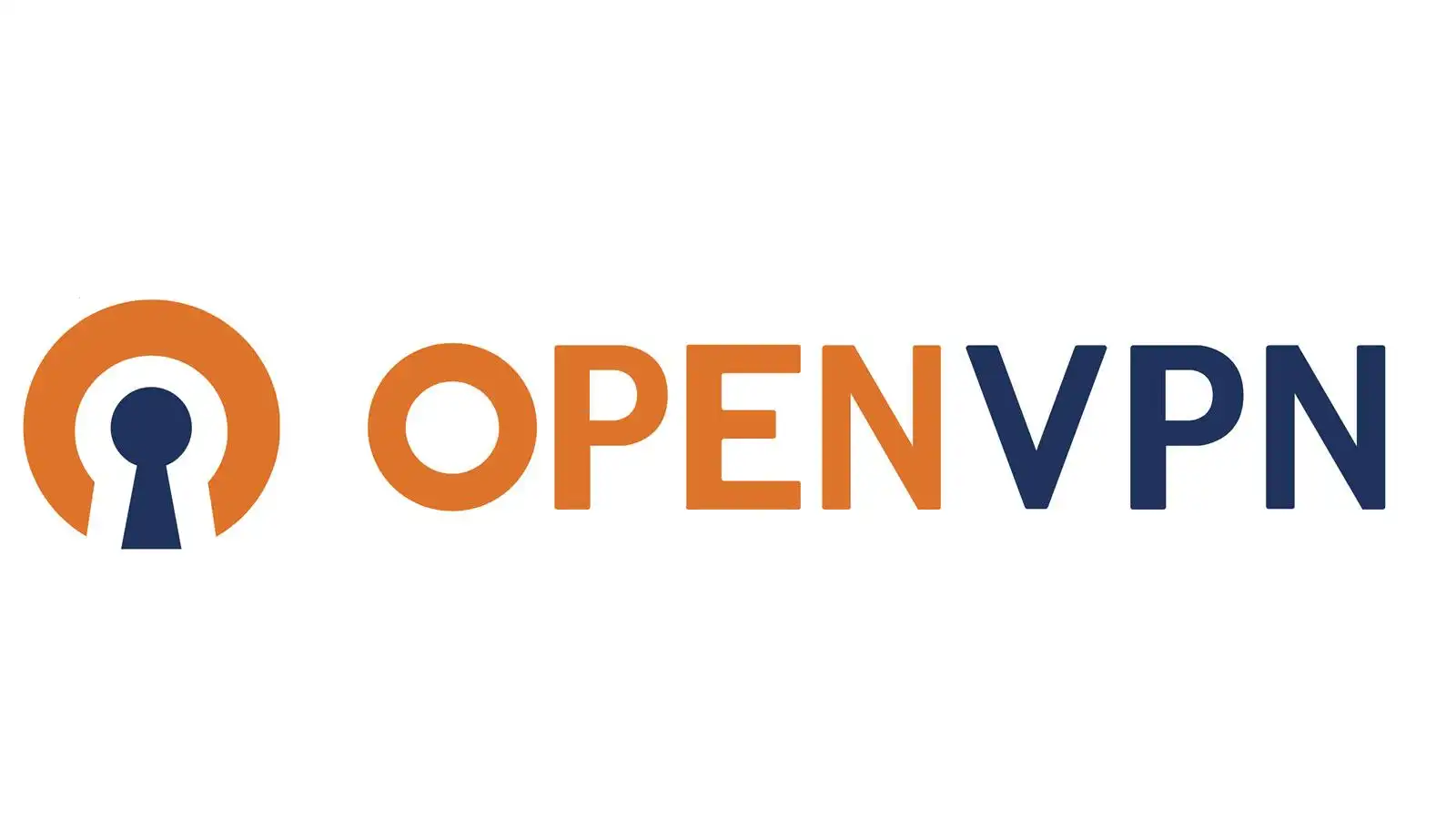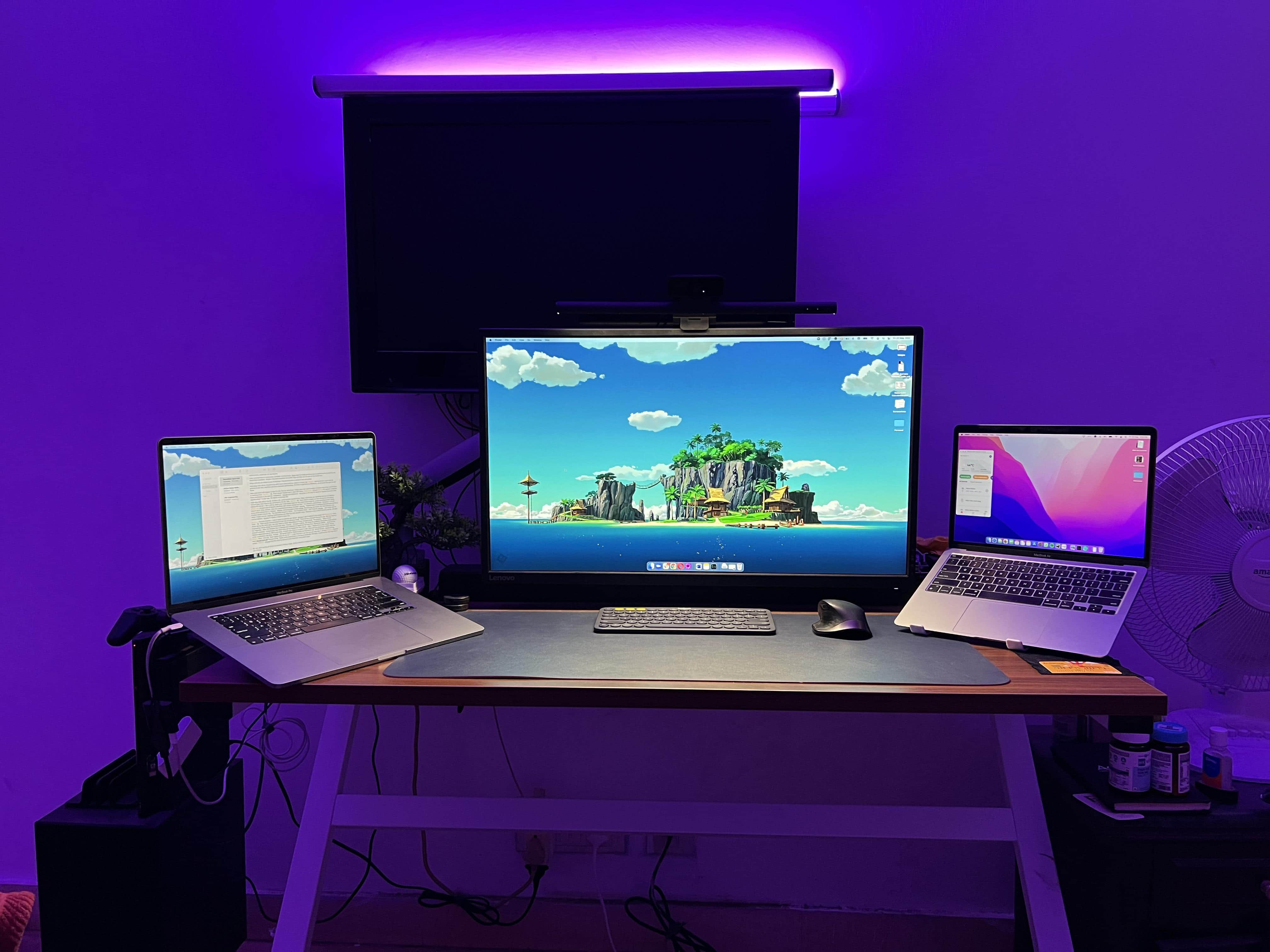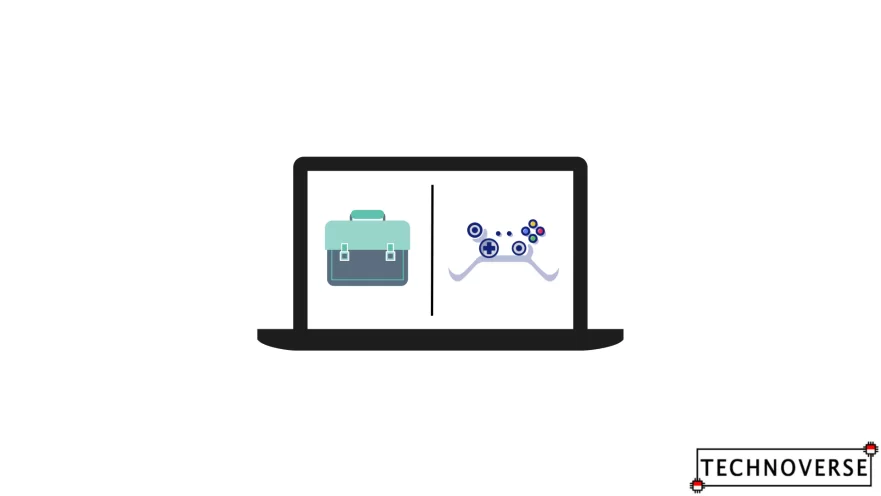
Anda berbicara Bahasa Indonesia? Baca artikel terjemahannya di sini!
Ever since my first day of work, I’ve always been issued a work laptop by my employer. Those laptops are usually enterprise-grade machines that have excellent specs and durability (such as Thinkpads, Elitebooks, or Expertbooks). However, they’re always being tracked and locked down for security purposes, with specialized software called Remote Device Management, especially those working in a security-demanding industries such as finance and banking. These security measures often slow down the laptop, or even acts as obstacles in our work. For example, as a developer, I need admin access to regularly install or update tools and libraries. In my previous company, we can’t have that. We need to gain a special clearance from management to gain even temporary admin access. Of course, needless to say, since it’s tracked, we need to be very mindful of what we’re doing with it (some of my colleagues were courageous enough to install games on it, or even watch porn #facepalm). Additionally, there are times I wish I could use my own device for work, mainly when my work laptop was bogged down by the company’s security bloatware.

Fast forward a few years, I moved to a startup that embraces Bring Your Own Device (BYOD) policy. Well, mostly, since some divisions still need company-issued laptops for security reasons (the company is in financial industry, after all). But, after one year, I somehow feel that this might not be what I wanted. Let me share my thoughts with you.
What Is BYOD?
BYOD, acronym for Bring Your Own Device, is a policy where employees use their personal devices for work. Usually, upon signing up, if you don’t have a device for work, the company will help you get one (they’ll either cut your salary for installments, or just subsidize upfront). I hear that this is increasingly popular, since not only it saves costs for the employers, but also let the employees have the freedom to choose, own, and take care of their work devices. Companies also don’t need to refresh their inventories every few years, which might lead to lots of e-waste.
On the downside, there’s obviously less control from the company to these devices. This may be a dealbreaker for companies that prioritize security above everything else, such as defense, banking, finance, etc. Sure, there are device management solutions that may “track” these devices, but that defeats the benefit of freedom of this policy, no?
My Experience with BYOD
So, back to my story. When I joined, my new company offered me to purchase a Mac with approximately U$150 discount, and they offered me a choice to pay it in cash, or financing from my salary. I thought it was a good time to upgrade, too, so I decided to take the offer and bought a 14” M1 Pro MacBook Pro. With 16GB or RAM and 512GB or storage, it was much more powerful than my previous company’s 13” Intel MacBook Pro with that dreadful butterfly keyboard.
Anyway, everything’s been great. My current company really respects its employees’ privacy, only needing to install VPN for accessing internal sites. Everything else uses SSO and is accessible through the Internet, albeit the requirement to use 2FA. An acceptable sacrifice, I must say. No need to install time trackers; everything is about trust. As long as you deliver on time and available on work hours, you’re golden.

However, this leads to an unforeseen problem. Since all my work has been in my personal devices, I sometimes feel “burned out” whenever I try to open it for personal use during weekends, or even vacation. The feeling is like, I’ve spent time working with you, why on Earth would I spend another time with you off-work?

This issue reminds me of a phrase “Work-Life Integration” that some guy on LinkedIn believed would replace “Work-Life Balance”. Personally, I strongly disagree. Having this “Work-Life Integration” means that I’ll be on constant standby mode and ready for call at any time. I’ve experienced it before, and it doesn’t work, at least for me. I constantly have this urge to check my e-mail or Slack, fearing that some co-worker out there needs me. Work controlled my life, and it’s very, very exhausting—I can’t allow that to happen again.
Second, I have this (most likely fictional) fear that the company is surveilling my laptop. I’m fully aware that this is me being paranoid, since I’ve never given the company any access to my laptop, and I’m fully aware of the things that I’ve installed on the device. I mean, sure, my company may be able to track my network activity through VPN, but that’s it. No remote device management software (or Bossware, here’s an excellent article about it and some examples), nothing. But still, I can’t shake off the feeling that I’m being watched. Maybe a PTSD from my former company, or guilt when I’m not being productive (lol)?

What I Did and Key Takeaway
Fortunately, I was able to convince myself that I was just paranoid and delusional. Here are the steps to assure myself that what I’ve feared is nothing but a thought:
- Make sure to turn off and quit my work VPN client whenever I’m off work (I would even replace it with my personal VPN)
- Use a different browser to differentiate work and personal. Though many Chromium-powered browsers and Firefox support having multiple profiles, I just feel that it’s more convenient using a brand new browser. It’s like I have a fresh start. Besides, I may need to keep the work-related browser tabs open. Your mileage may vary, though.
- Make sure that you’re aware of what you install into your device. Be very wary and careful when the company asks you to leave your laptop to install “work-related software”. Ask your IT department what the software is and what it can do. It’s still your personal device, so you have the right to know what’s going on with it.
Unfortunately, if all else fails, you may want to purchase a second device just for personal use. It’s much safer, but that depends on your budget, and that, of course, defeats the purpose of BYOD itself. But hey, whatever works for you, right? Since we are most productive when we are happy.

Anyway, to conclude, I don’t disagree with BYOD, and you shouldn’t too. It’s very liberating to work on your own device. You get to choose what you work with, instead of other employees that may not understand your workload (I have a powerful gaming PC that I use for running Docker and multiple services when working that cannot be replaced by any affordable laptop). However, you’ll have to be responsible for it. Try to understand what are installed in your device, and what they are capable of. Or, more importantly, try to understand if your company wants to track you, and why.
Well, that’s all for now, Folks. You can consider this a rant post, but I genuinely hope I can give you a new knowledge. Finally, as usual, sound off your comments in the section below, and I’ll see you in the next article! 😀

